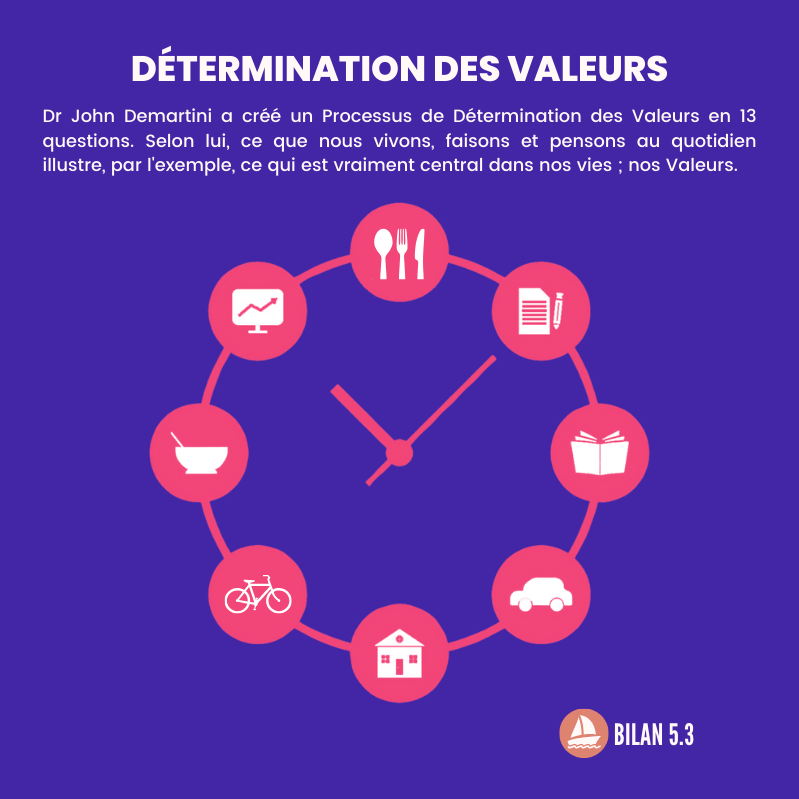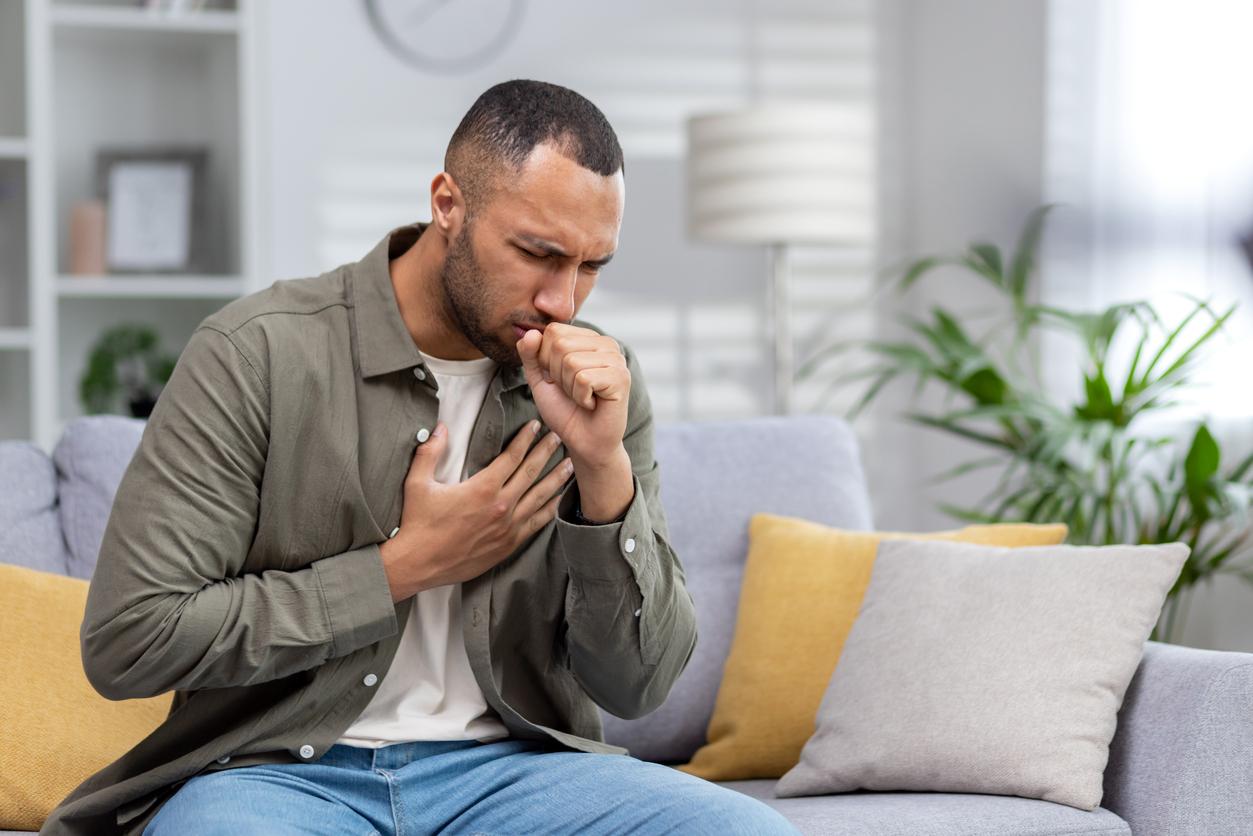
Cough, cough, cough
Most Dutch people were vaccinated against whooping cough when they were young, but the disease is becoming more common. Last year, the GGD in Amsterdam already received 346 reports of the disease.
Whooping cough has increased by 60 percent in the last 9 years. Adults in particular are more likely to be affected by the disease. Nationally, the number of reports can rise to ten thousand per year. We have the most frequently asked questions about whooping cough listed for you.
What is the whooping cough?
Whooping cough is a contagious disease of the throat, trachea and nose, which can cause severe coughing attacks. It is caused by the Bordetella pertussis bacteria. In the Netherlands, most children are vaccinated against whooping cough. However, whooping cough is common in children and adults, but after a vaccination it is usually a mild form.
What are the symptoms of the disease?
The first complaints that appear are fever, persistent cold and a dry cough. After this, the coughing fits worse, especially at night. The showers may be accompanied by coughing up mucus and inhaling whooping.
During a coughing fit you can turn blue and have a tendency to vomit. After this period, which lasts a few weeks, the coughing fits turn into a loose cough without phlegm. In adults, whooping cough resembles a severe cold, in which these symptoms do not occur.
How can whooping cough be treated?
The treatment of whooping cough is aimed at controlling the symptoms. Antibiotics can relieve symptoms and reduce contagiousness. Patients often assume a common cold in the beginning, so that they do not recognize the disease. Whooping cough will go away on its own, although the coughing fits can often last 3 to 4 months.
Who is pertussis contagious for?
Children and adults who have not been vaccinated against whooping cough are more likely to contract the disease. The younger the child, the greater the chance of a serious course of the disease. Whooping cough is also more serious in children with diseases of the heart, nervous system, lungs or muscles.
Pregnant women can transmit the disease to the baby immediately after birth if they have been infected with whooping cough during the last 6 weeks of pregnancy. Someone who has been vaccinated or who has had whooping cough has built up resistance to the disease for years afterwards.
How do you avoid getting the whooping cough?
Vaccination against whooping cough has been part of the National Immunization Program since its inception in 1957. The duration of the protection is not known, but is at least several years.
Children are vaccinated against the disease from 2 months. The K from the DKTPHib vaccinations stands for whooping cough. However, someone can still get whooping cough afterwards, but often in a milder form.
Good cough hygiene can prevent the disease:
- Cough or sneeze into a tissue paper. Then throw it away and wash your hands.
- Don’t have a tissue? Then put your hand over the mouth and nose and wash your hands afterwards.
- You don’t have to avoid everyone who coughs, especially if you don’t know whether it’s caused by the whooping cough or another pathogen.
- Whooping cough can be serious in unvaccinated babies. Avoid sneezing and coughing people with them as much as possible.
Sources):













